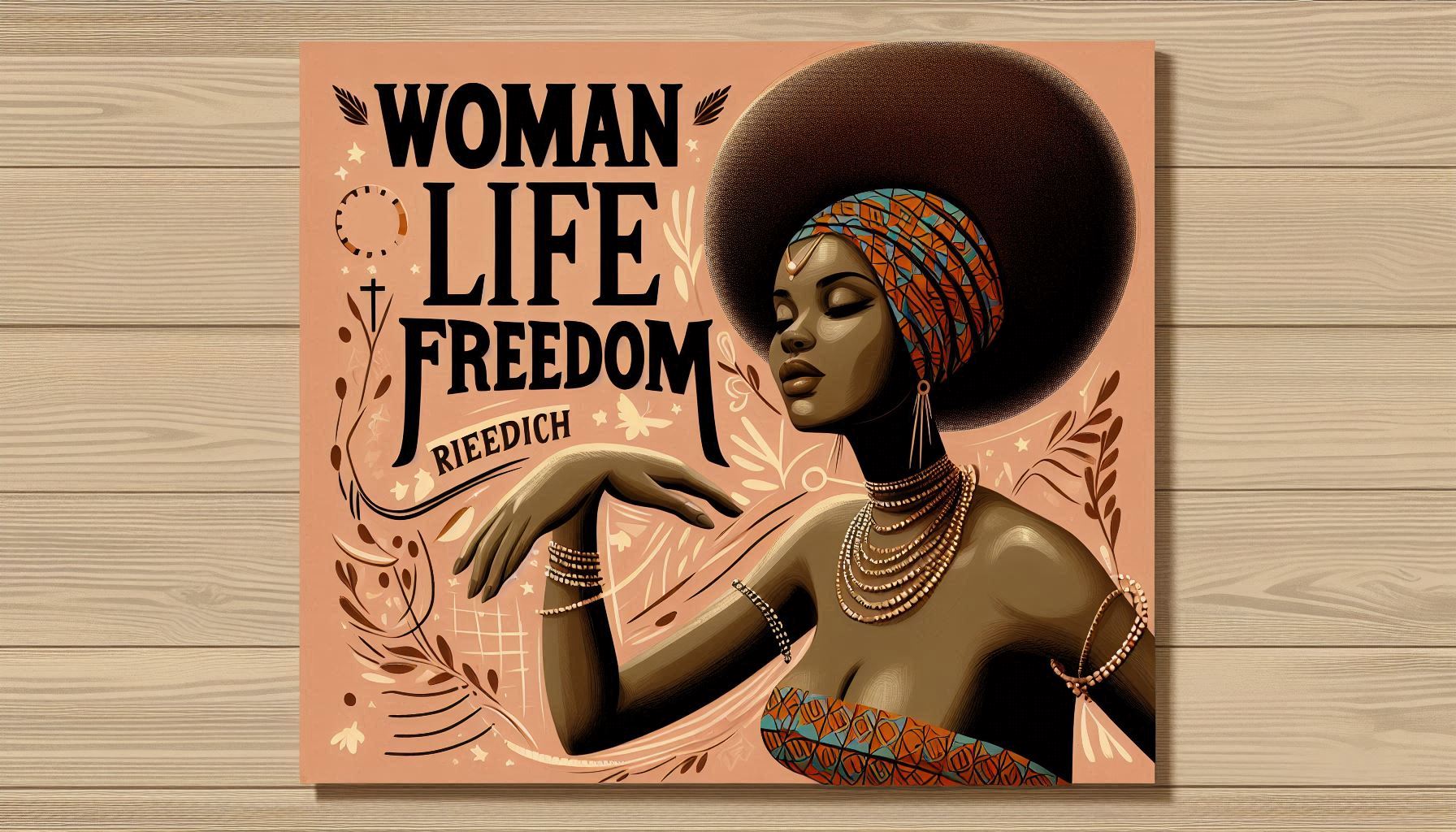Feminism Goes Beyond Personal Choice

|
Getting your Trinity Audio player ready...
|
Feminism is often construed as a movement centred on personal choices. The essence of feminism goes beyond making mere choices; it’s about consciously making feminist choices. Not every choice a woman makes is inherently feminist, and understanding this is important in our movement to advance women’s rights.
Feminism fought for women’s rights to make choices that are different from what patriarchy has conditioned them to accept. During the colonial and immediate postcolonial eras, women were confined to roles that served patriarchal interests, such as housewives. The feminist movement sought to dismantle these limitations, allowing women to explore various career or personal paths.
However, it is important to recognise that not every choice reflects this liberation movement. For instance, deciding to be a housewife or changing one’s name to one’s husband’s can be seen as choices conditioned by patriarchal norms. While these choices might be made freely, they don’t challenge the status quo of gender inequality; rather, they often reinforce it. Feminist choices, conversely, involve an awareness of these societal pressures and potential social sanctions for going against the norm. It’s a deliberate decision to act proactively in ways that promote equality and challenge traditional gender roles.
It is perfectly okay to acknowledge that feminists, just like any other group, can make choices that aren’t progressive. However, we must exercise caution in order not to rebrand these choices as feminist because doing so can lead to a dilution of the movement’s core principle. Labelling choices that align more with patriarchal expectations as feminist choices can be hypocritical and mislead others.
Consider the societal reactions to different choices women make. When men, religious institutions, or women with internalised misogyny support certain choices, it reveals a lot about the nature of those choices. Why would these entities endorse decisions that seem to uphold feminist values? What would they gain from women’s liberation? What do they stand to achieve if we don’t achieve gender equality? These questions should prompt deeper reflection and critical analysis of our choices.
Ultimately, feminism is about empowerment through conscious decision-making. It’s about choosing paths that challenge the normative structures of power and inequality. By understanding the difference between simply making choices and making feminist choices, we can better navigate the complexities of gender in today’s world. Embracing this awareness allows for a more meaningful and impactful engagement and discussion of feminism, fostering a more equitable society where women and girls can thrive.






